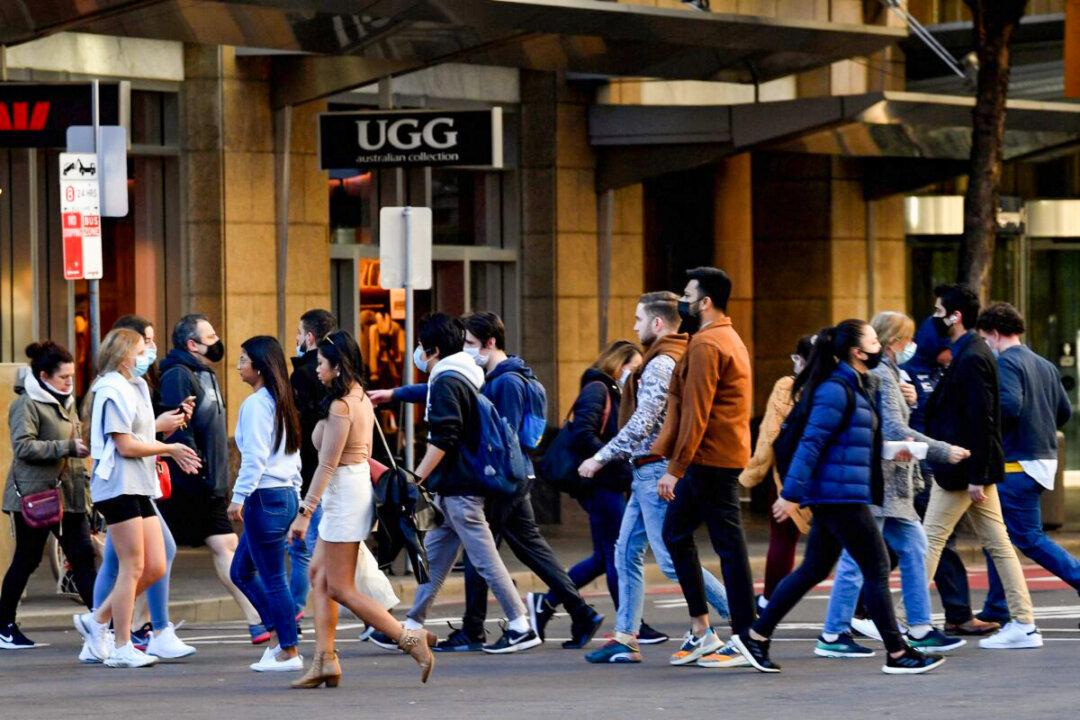Matt Barrie, CEO of Freelancer—the world’s largest online marketplace for freelancers—has lambasted the Albanese Labor government for boosting immigration to record highs.
In a speech at the Sydney 2050 Summit last week, Barrie said the Albanese government’s policy to bring in 700,000 migrants by next year was “not about the economy, but inflating GDP.”


